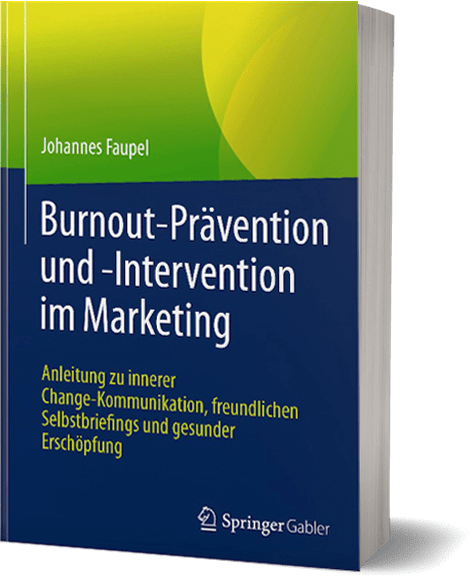Building Emotional Resilience: Strategies and Benefits
Emotional resilience is the ability to adapt to stressful situations and bounce back from adversity. It helps individuals maintain a sense of control and remain positive despite challenges.
What is Emotional Resilience?
Emotional resilience is the capacity to recover quickly from difficulties. It involves emotional strength, mental fortitude, and the ability to navigate life’s ups and downs with a positive outlook.
Why is Emotional Resilience Important?
- Reduces stress and anxiety
- Improves mental health
- Enhances problem-solving skills
- Strengthens relationships
- Increases overall well-being
Strategies to Build Emotional Resilience
- Develop a strong support network: Surround yourself with positive and supportive people.
- Practice mindfulness: Engage in activities that promote mindfulness, such as meditation and yoga.
- Stay physically active: Regular exercise can boost your mood and improve your resilience.
- Maintain a positive outlook: Focus on positive thoughts and find gratitude in everyday life.
- Learn from experiences: Reflect on past challenges and the lessons learned from them.
- Define your brain as a super-fast changing entity: That means, if you imagine becoming more calm, your brain will respond and support you.
What are Real-Life Examples of Emotional Resilience
Consider these scenarios:
- Overcoming a job loss by using the opportunity to pursue a new career path
- Coping with the end of a relationship by focusing on personal growth and self-care
- Managing a health crisis by maintaining a positive attitude and seeking support
The Main Benefits of Emotional Resilience
- Greater adaptability to change
- Improved emotional regulation
- Enhanced coping mechanisms
- Better physical health
- Increased life satisfaction



